Since I owned two copies of this book, I decided to give one to the cardiologist who would be performing my cardiac catheterization, Dr. Michael Robertson. I like Dr. Robertson just as I liked the first cardiologist to urge me to undergo a quintuple CABG four years earlier, Dr. Cory. I like both men. They are friendly and personable, two disarming qualities that may cause prospective patients to let their guards down when told they need a bypass.
I put a bookmark at Chapter 10, the one that discusses the angiogram. I handed the book to Dr. Robertson as I was being wheeled to the cath lab. He graciously took the book and promised to read it, laughing at my audacity of putting the bookmark in the appropriate chapter.
Dr. Wayne said, "The Holy Grail for cardiologists is the angiogram. It is worshipped with a religious fervor unlike any test in medicine. Go to any invasive or interventional cardiologist, and he or she will invariably recommend an angiogram either the same day or the next day -- and will often become upset if you refuse."
He goes on to ask, "Is the cardiologist's faith in this procedure justified? Is the information the angiogram provides reliable? Can it tell the doctor how his or her patient should best be treated, and if they are likely to have a heart attack or die? Will it provide information that can't be obtained in any other way? And, most importantly, is it even necessary to know whether and where an artery is narrowed to treat the patient? In simple terms, is the angiogram recommended for the patient's -- or for the doctor's benefit?
Without going into details, let me tell you how Dr. Wayne answers his own questions in Chapter 10:
- It is impossible to tell if the coronary artery disease seen on an angiogram is old or new in most cases, because there usually are no other angiograms to compare it to.
- There is no correlation between a patient's symptoms and the severity of coronary artery narrowing.
- There are noninvasive tests that are more accurate than the angiogram. The echocardiogram is one of them.
- An angiogram cannot determine the source of a patient's chest pain.
- An angiogram cannot predict a heart attack.
- The findings on an angiogram do not relate to the clinical course of the patient with coronary artery disease.
- Angiograms do not correlate with symptoms, prognosis, cardiac function, and blood flow to the heart muscle.
"It cannot be emphasized strongly enough that the coronary angiogram is one of the most inaccurate and unreliable tests in all of cardiology. More often than not, it leads to the wrong diagnosis and results in inappropriate and unnecessary treatment. It has little relationship to symptoms, it does not relate to the cause of the patient's symptoms, it correlates poorly with the function of the heart and it cannot accurately predict the occurrence of a heart attack. Immediate angiograms are done solely for economic reasons, not medical reasons."
The chapter concludes with a list of 23 references by cardiologists, scientists and other medical researchers that validate Dr. Wayne's opinion o the coronary angiogram.



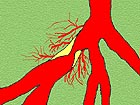
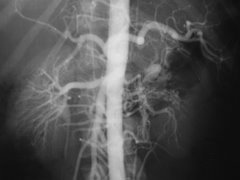
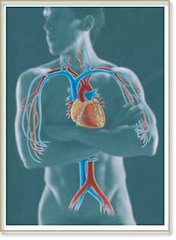
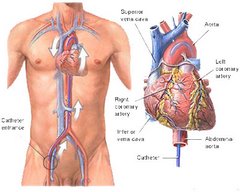
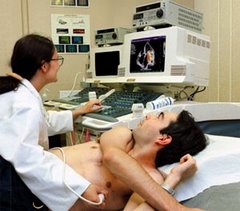
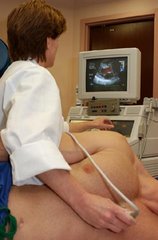
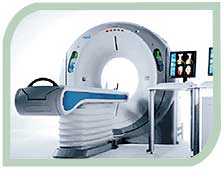
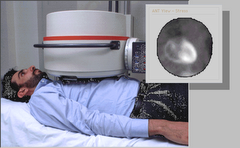
No comments:
Post a Comment